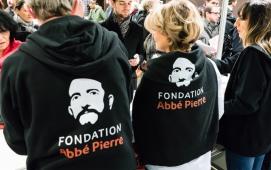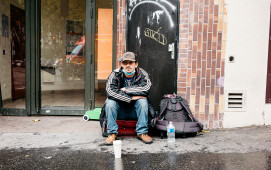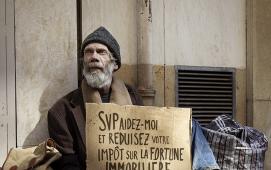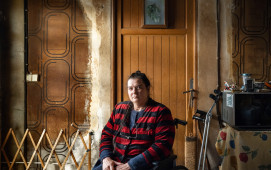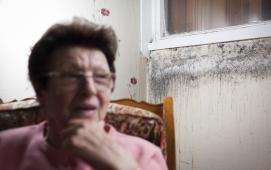The Besson Law concerning the right to housing
First big victory of the Foundation: the Besson Law. Its first article stipulates that “the right to housing is a solidarity duty for the whole nation”.
The law foresees the implementation of a departmental plan for the underprivileged and the creation of the Solidarity Fund for Housing (FSL, Fonds de solidarité pour le logement). It aims to help the underprivileged gain access to sustainable housing.
Following its promulgation, it was clear how much such a law was needed. The pauperisation of a large part of the population gained speed: between 1986 and 1995, the numbers of households benefiting from housing aids increased by 60%. The question of its enforcement remains. If all the departments signed the plan for the housing of the underprivileged, only around twenty of them are functional in 1993. Social diversity is not the first concern of the elected representatives. And, despite its clearly defined causes, poverty brings out more suspicion than compassion in people. This will justify, ten years later, the law regarding Solidarity and Urban Renewal (SRU), which requires urban areas of more than 50 000 residents to offer at least 20% social housing. In all cases, the Besson Law gives the necessary kick-start: faithful to the Abbé’s commitment, the Foundation has now the mission to draw the attention of public authorities on the issues of social housing, and it doesn’t refrain from doing so…
Art. 1 guarantees that the right to housing is a solidarity duty for the whole nation.
Law number 90-449, dating May 31, 1990; aiming to implement the right to housing (J.O. June 2, D. and A.L.D. 1990.259).
“Any family or person facing particular difficulties caused mainly by inadequate income or living conditions, has the right to an aid by local authorities, according to the conditions set by this law, in order to gain access to decent, independent and sustainable housing.



